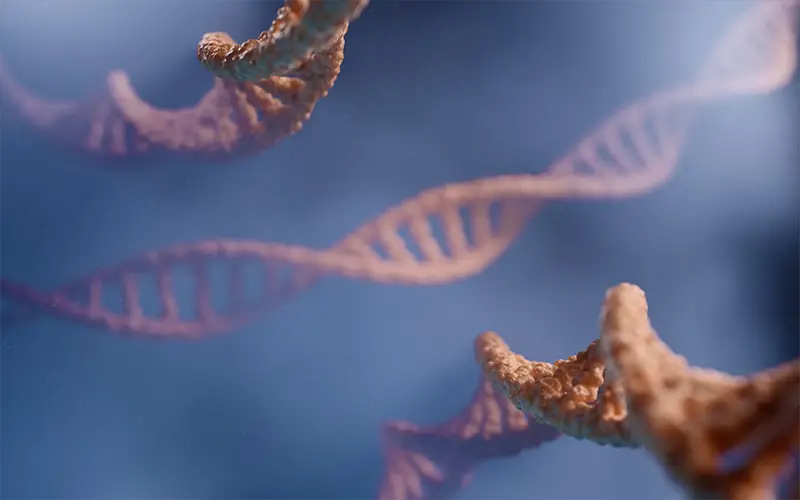CRISPR-Cas9 technology has revolutionized genetic engineering by enabling precise modifications to DNA, raising profound ethical considerations regarding its application in humans, animals, and the environment. This article explores the ethical dilemmas surrounding CRISPR and gene editing, discussing key issues, controversies, and ethical frameworks guiding responsible use and regulation of this powerful tool.
Understanding CRISPR-Cas9 Technology
- Genome Editing: CRISPR-Cas9 is a gene-editing tool derived from bacterial immune systems, allowing scientists to make precise modifications to DNA sequences. It consists of a guide RNA that targets specific DNA sequences and a Cas9 enzyme that cuts the DNA at the targeted site, enabling insertion, deletion, or replacement of genetic material.
- Applications: CRISPR-Cas9 technology has diverse applications in research, agriculture, and medicine. In medicine, it holds promise for treating genetic disorders, developing personalized therapies, and potentially curing diseases by correcting disease-causing mutations at the genetic level.
Ethical Issues and Controversies
- Germline Editing: Germline editing involves making genetic alterations to embryos, sperm, or eggs, which are heritable and affect future generations. Ethical concerns include the potential for unintended consequences, such as off-target mutations, and the implications of altering the human germline for future generations.
- Informed Consent and Autonomy: The ethical principle of informed consent is critical in gene editing research involving human participants. Ensuring individuals understand the risks, benefits, and implications of genetic modifications is essential for upholding autonomy and respecting individuals’ rights to make informed decisions.
- Equity and Access: Gene editing technologies raise concerns about equity in healthcare access and disparities in benefiting from genetic enhancements or therapies. Ensuring equitable distribution of gene editing technologies and therapies is essential to prevent exacerbating existing social inequalities.
- Environmental and Ecological Impacts: Gene editing in agriculture and environmental contexts raises ethical questions regarding unintended ecological consequences, biodiversity impacts, and the ethics of altering natural ecosystems through genetic modifications.
Ethical Frameworks and Regulation
- Beneficence and Non-maleficence: Ethical considerations emphasize the balance between promoting benefits, such as curing genetic diseases, and minimizing potential harms, such as unintended genetic mutations or societal repercussions.
- Respect for Persons: Respecting individuals’ autonomy, privacy, and dignity is fundamental in gene editing research and applications. Safeguarding human rights and ensuring ethical conduct in genetic research and clinical practice are paramount.
- Regulatory Oversight: Ethical guidelines and regulatory frameworks govern the use of gene editing technologies, balancing scientific advancement with ethical considerations. International collaborations, ethical review boards, and public engagement play crucial roles in shaping responsible policies and practices.
Public Perception and Engagement
- Public Trust: Building public trust in gene editing technologies requires transparent communication, public engagement, and addressing societal concerns about safety, equity, and ethical implications. Ethical discourse involving diverse stakeholders fosters informed decision-making and responsible governance.
- Global Perspectives: Gene editing raises ethical debates that transcend national borders, requiring international cooperation, dialogue, and consensus-building on ethical standards, governance frameworks, and shared responsibilities in managing global implications.
Bottom Line
CRISPR-Cas9 and gene editing technologies hold immense potential for advancing scientific research, medical treatments, and agricultural innovations. However, ethical considerations surrounding safety, equity, consent, and societal impacts must guide their responsible use and regulation. Ethical frameworks, regulatory oversight, and public engagement are essential in navigating the complexities of gene editing, ensuring ethical conduct, and fostering equitable benefits for individuals, communities, and future generations.
